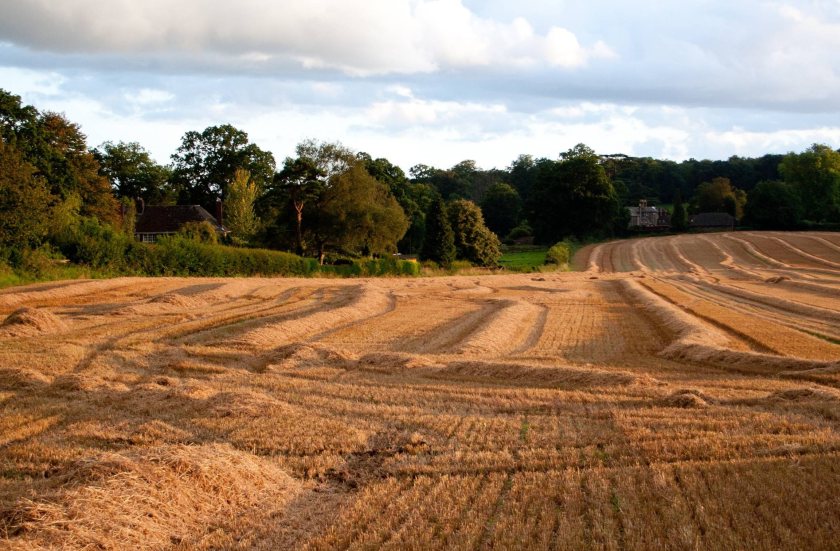Trust gap slows adoption of biostimulants as climate pressures mount

Almost every UK wheat grower says weather variability is the biggest challenge they face, according to new research which also reveals low confidence in biostimulants despite high awareness of the products.
The study, commissioned by Oxfordshire-based agri-tech company SugaROx, found that 95% of farmers see unpredictable weather – from dry spells to heatwaves – as a major threat to yields and grain quality.
With climate change intensifying these pressures, many growers are exploring new tools to build resilience, including biostimulants — natural or synthetic products designed to stimulate plant processes, helping crops cope with stress, take up nutrients more effectively and grow more efficiently.
The survey shows, however, that adoption is still tentative. While 88% of farmers are aware of biostimulants, only 44% have trialled them, and most remain cautious about incorporating them fully into crop spray programmes.
The research, carried out by Grounded Research as part of an Innovate UK-funded project, highlights both the promise and the scepticism surrounding the technology.
Farmers most commonly associated biostimulants with improved nutrient uptake (86%), stronger root growth (84%) and stress tolerance (80%).
Yet cost-effectiveness and “unproven performance” were identified as the biggest barriers to uptake, with one farmer commenting: “Independent trials don’t show anywhere near the advantage manufacturers claim.”
Another said: “What’s still holding me back is the lack of clear guidance on which products work best for my crop conditions.”
Clare Otridge, market research consultant at Grounded Research, said the findings underline the dual pressures farmers face.
“Resilience to climate change and sustainability are key drivers for biostimulant adoption in the UK. But with farm margins being so tight, yield and profitability gains remain central to farmers’ decision-making.”
SugaROx, a spin-out from Oxford University and Rothamsted Research, is developing single-molecule biostimulants with clearer modes of action.
Its lead molecule, a modified version of the plant sugar trehalose-6-phosphate (T6P), has shown potential to lift yields by up to 20% in field trials.
Bianca Forte, business development director at SugaROx, said the sector still faces structural challenges. “Manufacturers have limited understanding of the modes of action within biostimulants, so agronomists struggle to position them.
"This results in modest yield boosts around 2%. At the moment, biostimulants are also unregulated in the UK… If Defra moves ahead with a framework to certify performance claims, it will build farmer confidence and accelerate the adoption of products which truly improve the resilience of UK farming to climate change.”
The survey, which ran from April to June 2025, gathered responses from 211 wheat farmers via Grounded Research’s Five Bar Gate farmer panel.
It suggests growing curiosity and trial activity, with half of respondents expecting to use more biostimulants within the next five years.
Looking ahead, all eyes will be on Defra’s decision over whether to introduce a formal certification system.
Industry figures argue that clear regulation, combined with independent trial data, could be the tipping point that moves biostimulants from small-scale trials to a mainstream tool in British crop production.








